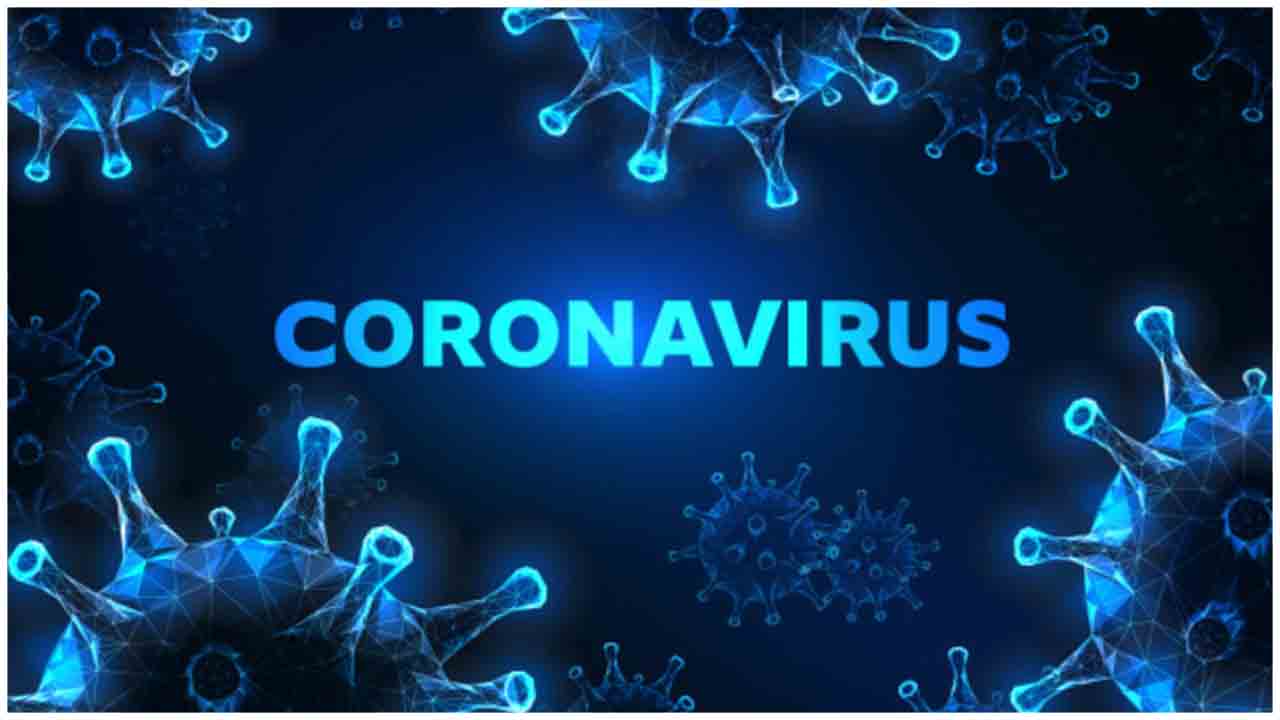A randomized, controlled clinical trial evaluating the safety and efficacy of a treatment regimen of the investigational antiviral remdesivir plus the anti-inflammatory drug baricitinib for coronavirus disease 2019 (COVID-19) has begun. The trial is now enrolling hospitalized adults with COVID-19 in the United States. The trial is expected to open at approximately 100 U.S. and international sites. Investigators currently anticipate enrolling more than 1,000 participants. National Institute of Allergy and Infectious Diseases (NIAID), part of the National Institutes of Health, is sponsoring the trial.
The clinical trial is the next iteration of NIAID’s Adaptive COVID-19 Treatment Trial (ACTT), which began on Feb. 21 to evaluate remdesivir, an investigational broad-spectrum antiviral treatment developed by Gilead Sciences, Inc. That trial closed to enrollment on April 19 after recruiting 1,063 participants at 47 U.S. and 21 international sites. An independent data and safety monitoring board (DSMB) overseeing the trial met on April 27 and shared their preliminary analysis with the study sponsor, NIAID. Their analysis showed that patients who received remdesivir had a statistically significant shorter time to recovery compared to patients who received placebo. More detailed information about the trial results, including more comprehensive data, will be available in a forthcoming report. In this next trial with baricitinib, called ACTT 2, all participants will receive remdesivir or remdesivir with baricitinib.
“We now have solid data showing that remdesivir diminishes to a modest degree the time to recovery for people hospitalized with COVID-19,” said NIAID Director Anthony S. Fauci, M.D. “ACTT 2 will examine if adding an anti-inflammatory agent to the remdesivir regimen can provide additional benefit for patients, including improving mortality outcomes.”
Baricitinib(link is external), a product licensed to Eli Lilly and Company by Incyte and marketed under the brand name Olumiant, is approved in the U.S. and in more than 65 additional countries as a treatment for adults with moderately to severely active rheumatoid arthritis. Some people with COVID-19 experience acute respiratory distress syndrome (ARDS), in which inflammation of the lungs leads to shortness of breath and rapid breathing. Baricitinib, taken orally, inhibits cytokine signaling in the body that play roles in causing inflammatory responses. The putative benefit of baricitinib for COVID-19 has been described in a case series of critically ill patients who recovered from COVID-19. The combination of remdesivir and baricitinib for COVID-19 has not been evaluated in a large, randomized controlled treatment trial.
In accordance with standard clinical research protocols, eligible patients who provide informed consent will participate in ACTT 2. Participants in the trial must have laboratory-confirmed SARS-CoV-2 infection and evidence of lung involvement, including a need for supplemental oxygen, abnormal chest X-rays, or illness requiring mechanical ventilation. Individuals with confirmed infection who have mild symptoms, or no apparent symptoms, will not be included in the study. Eligible study participants will be randomly assigned 1:1 to a treatment arm:
Arm 1: participants receive baricitinib tablets orally and intravenous (IV) remdesivir
Arm 2: participants receive placebo tablets orally and IV remdesivir
The study is double-blind, meaning neither trial investigators nor participants know who is receiving which treatment regimen. Remdesivir is administered as one 200-milligram (mg) IV dose followed by a 100-mg once-daily IV dose for the duration of hospitalization up to a 10-day total course of treatment. Baricitinib is administered as a 4-mg oral dose (or crushed and given through a nasogastric tube, if necessary) for the duration of hospitalization up to a 14-day total course of treatment. The placebo tablets resemble baricitinib but contain only inactive ingredients.
Investigators will evaluate whether the time to recovery is shorter in the combination arm (baricitinib plus remdesivir), relative to remdesivir alone. Recovery is defined as the participant being well enough for hospital discharge, meaning the participant either no longer requires supplemental oxygen or ongoing medical care in the hospital, or is no longer hospitalized (with or without some limitation on activities). Recovery is evaluated up until day 29. A key secondary goal of the study is to compare patient outcomes at day 15 using an ordinal eight-point scale ranging from fully recovered to death. The trial will also compare other secondary outcome variables between treatment groups, including mortality alone.
An independent data and safety monitoring board (DSMB) will monitor ongoing results to ensure patient well-being and safety as well as study integrity.
NIAID conducts and supports research — at NIH, throughout the United States, and worldwide — to study the causes of infectious and immune-mediated diseases and to develop better means of preventing, diagnosing and treating these illnesses. News releases, fact sheets, and other NIAID-related materials are available on the NIAID website.

 Investigators currently anticipate enrolling more than 1,000 participants
Investigators currently anticipate enrolling more than 1,000 participants





.jpeg)
.jpeg)


.jpeg)









.jpeg)




.jpeg)








